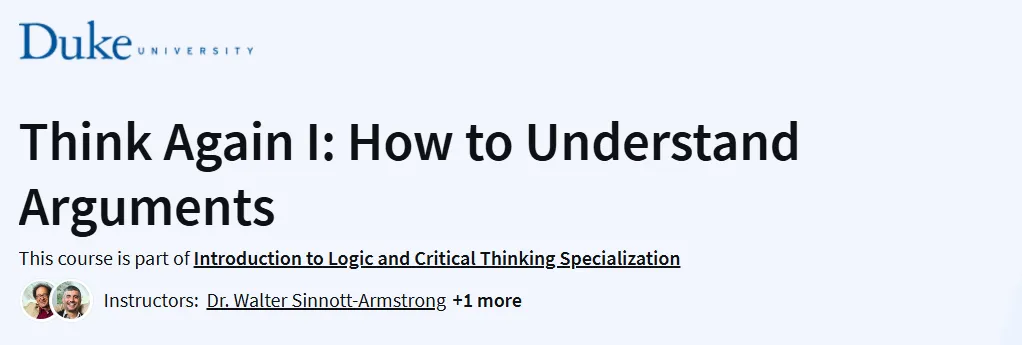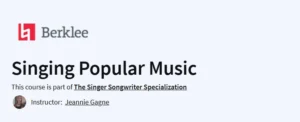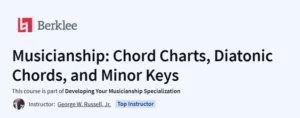What you will learn in Think Again I: How to Understand Arguments Course
Understand the concept of an argument and differentiate it from other forms of communication.
Identify the components of an argument, including premises and conclusions.
Analyze the structure and reasoning behind arguments.
Reconstruct arguments to evaluate their validity and soundness.
Enhance critical thinking skills to assess arguments effectively.
Program Overview
Welcome to the Specialization
⏳ 14 minutes
Introduction to the course and its objectives.
Overview of the specialization in logic and critical thinking.
How to Spot an Argument
⏳ 9 hours
Learn to identify arguments in various forms of communication.
Distinguish between arguments, explanations, and other discourse.
Understand the purposes of arguments, such as persuasion and justification.
How to Untangle an Argument
⏳ 9 hours
Break down complex arguments into their essential components.
Identify argument markers and evaluate the structure of reasoning.
Analyze the use of language in conveying arguments.
How to Reconstruct an Argument
⏳ 8 hours
Reorganize arguments to clarify their logical structure.
Add suppressed premises to complete the argument.
Assess the validity and soundness of reconstructed arguments.
Catch-Up and Final Quiz
⏳ 2 hours
Review key concepts and techniques learned throughout the course.
Complete a final quiz to test understanding and application of the material
Get certificate
Job Outlook
High Demand: Proficiency in understanding and analyzing arguments is essential in fields such as law, education, journalism, and public policy.
Career Advancement: Strong critical thinking skills can lead to roles in research, analysis, and decision-making positions.
Salary Potential: Professionals with advanced reasoning abilities are often compensated with higher salaries due to their analytical expertise.
Freelance Opportunities: Skills in argument analysis are valuable for freelance work in writing, consulting, and advisory services.
Specification: Think Again I: How to Understand Arguments
|
FAQs
- No prior background is required—the course is designed for complete beginners.
- The focus is on practical reasoning skills, not heavy philosophy or math.
- You’ll learn to recognize arguments in everyday life, not just in academic debates.
- The lessons use clear examples instead of abstract theories.
- As long as you’re open to critical thinking, you’ll benefit from the material.
- It improves decision-making by helping you spot weak or misleading reasoning.
- You’ll be better at evaluating news, advertisements, and political claims.
- It strengthens communication skills, making your opinions more persuasive.
- Helps avoid being swayed by emotional or biased arguments.
- Useful in discussions at work, school, or even casual conversations.
- An opinion is a personal belief, while an argument provides reasons to support a claim.
- Arguments rely on evidence, logic, and structure, not just preference.
- Recognizing this difference helps in separating strong claims from weak ones.
- Learning to spot reasoning makes you more objective in debates.
- The course helps train your mind to ask: “What reasons support this idea?”
- Understanding arguments gives you stronger content for debates and speeches.
- It trains you to structure points clearly and logically.
- You’ll learn to anticipate counterarguments and prepare responses.
- While delivery skills are separate, good reasoning boosts confidence on stage.
- Together, reasoning and speaking help you become more persuasive and credible.
- Employers value critical thinking and problem-solving across all industries.
- You’ll be better at analyzing reports, proposals, and data-driven claims.
- Argument analysis improves negotiation, teamwork, and leadership skills.
- Clear reasoning makes emails, presentations, and meetings more effective.
- It’s a transferable skill that strengthens your professional decision-making.





